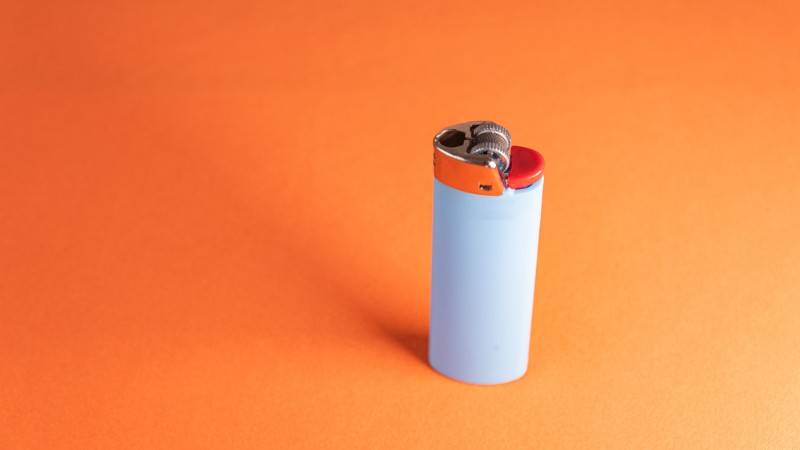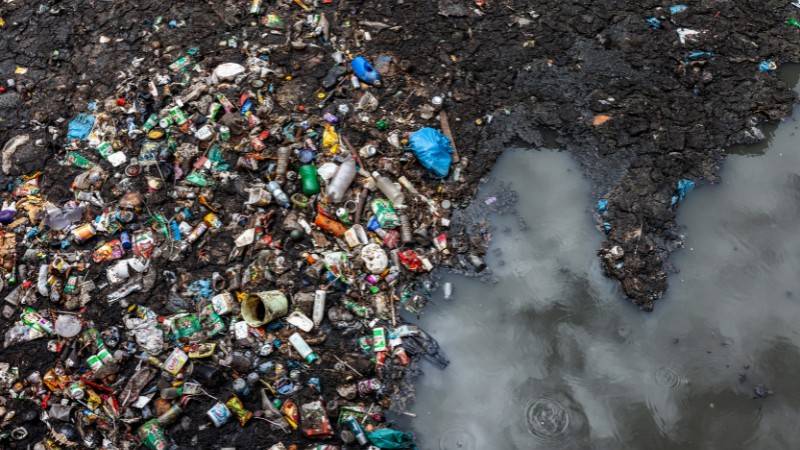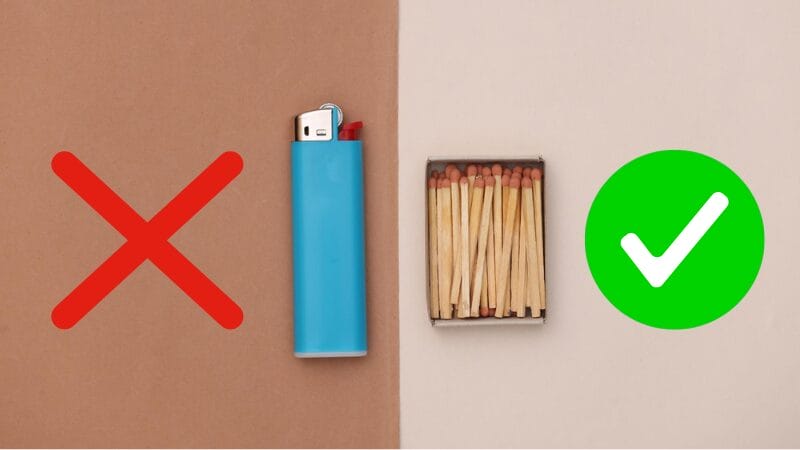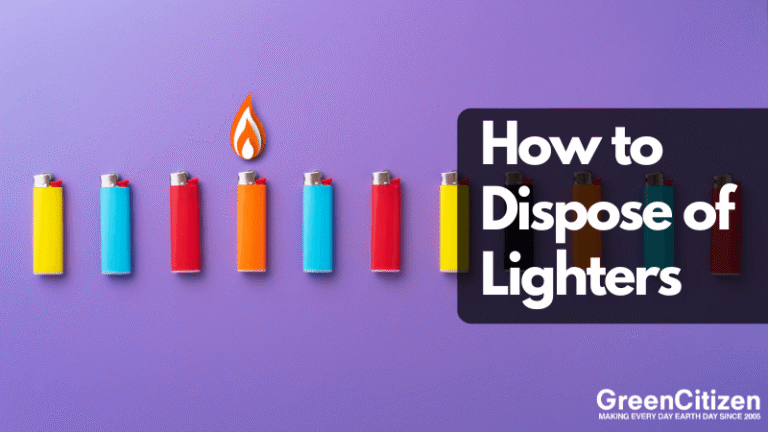Not sure how to dispose of lighters—especially ones that still have fluid? You’re not alone. Most people toss them in the trash without realizing the environmental risks.
Whether it’s a disposable Bic, a BBQ lighter, or a refillable butane torch — lighters aren’t just plastic. They often contain flammable fuel, hazardous materials, and parts that can’t go in your curbside bin.
In this blog, we’ll explore the safest, most eco-friendly ways to dispose of all types of lighters — even those with fluid left inside. You’ll also learn why proper disposal matters and how to avoid common mistakes (like tossing them in the fire pit—please don’t).
Let’s break it down, one lighter at a time.
Key Takeaways: How to Dispose of Lighters Safely and Responsibly
Disposing of lighters may seem simple, but doing it the wrong way can harm the environment and pose safety risks. Here’s what to remember:
- Never recycle disposable lighters—they contain mixed materials and flammable fluid.
- Empty all lighters fully before trashing, even if they seem dry.
- Do not pour lighter fluid down the drain or toss lighters in the fire.
- Use hazardous waste drop-off centers for lighters with leftover fuel.
- Switch to eco-friendly alternatives like rechargeable plasma lighters or matches to reduce waste.
Can You Recycle Lighters?
No, you cannot recycle lighters through curbside recycling programs—whether it’s a disposable Bic, a refillable butane lighter, or a long-handled BBQ lighter. Most lighters are made of mixed materials like plastic, metal, and lighter fluid, which standard recycling facilities aren’t equipped to separate or handle.
Even if your lighter looks empty, it can still pose a fire risk during processing due to leftover butane or flammable vapors. That’s why recycling centers explicitly ban lighters from blue bins.
If your city has a household hazardous waste program, they may accept lighters with fuel. For refillable lighters, consider reusing or safely emptying them before you dispose of lighters.

Read More:
How to Dispose of Lighters Safely (With or Without Fluid)
You should never toss a lighter in the trash without emptying it first—especially if it still has fuel inside. Whether it’s a disposable Bic or an off-brand lighter, here’s how to dispose of it safely:

Step-by-Step: How to Dispose of Lighters
1. Use Up All the Fuel
Hold the lighter outside and away from anything flammable. Ignite it and let the flame run until it dies out completely.
2. Double-Check for Leftover Fluid
Shake the lighter near your ear. If you hear sloshing, it’s not empty yet. Continue burning or wait for the remaining fluid to evaporate.
3. Don’t Recycle Lighters!
Even if it’s plastic, disposable lighters are not recyclable through curbside bins due to mixed materials and residual fuel.
4. Throw It Away—Safely
Once the lighter is truly empty, place it in your household trash. To be extra cautious, wrap it in newspaper or place it inside a sealed container to prevent fire risk.
💡 Tip: If you have multiple empty lighters, contact your local hazardous waste center to ask if they’ll accept a batch drop-off.
How to Dispose of a Bic Lighter (Can You Throw It Away?)
You can throw away a BIC lighter, but only after ensuring it’s completely empty. Like most disposable lighters, BIC lighters contain butane gas, a flammable substance that poses a safety risk if the lighter still holds fuel.
The safest way to dispose of a BIC lighter is to burn off the remaining butane outdoors by flicking it repeatedly until the flame disappears. Even when it seems empty, give it a gentle shake near your ear—if you hear sloshing or feel pressure when pressing the ignition, it’s not ready for the trash.

Importantly, BIC lighters are not recyclable through curbside recycling programs. Their plastic casings, metal parts, and residual gas make them incompatible with standard recycling systems.
Additionally, BIC doesn’t offer a take-back or recycling program, so your best option is to dispose of the lighter in the regular trash—but only once it’s confirmed empty.
For added safety, wrap the lighter in newspaper or place it inside a small sealed container before discarding it. This minimizes the risk of fires or leaks during waste handling.
How Do Disposable Lighters Harm the Environment? 5 Key Impacts of Improper Disposal
Improperly disposing of lighters can cause serious environmental damage—from chemical pollution to harm to wildlife.
Whether it’s a disposable BIC lighter or a refillable butane torch, here’s what happens when they’re not disposed of correctly.

1. Toxic Chemical Pollution
Lighters contain hazardous substances like butane, benzene, naphtha, and propane. When tossed into landfills, these chemicals can leak into soil and groundwater, contaminating local ecosystems.
Hydrocarbon runoff also disrupts aquatic environments by reducing oxygen levels and harming plant and animal life.
2. Harm to Wildlife
Many discarded lighters end up in the ocean. Birds, fish, and marine mammals often mistake them for food. Ingesting a lighter can cause choking, poisoning, or death. Even leaking lighter fluid is enough to poison nearby animals or contaminate their food sources.
3. Fire Hazards
Even an “empty” lighter can still contain flammable vapors. Exposure to heat or sunlight—like in trash trucks or landfills—can ignite residual fuel, leading to dangerous fires in waste facilities.
4. Landfill Waste
Billions of disposable lighters are manufactured yearly, and most end up in landfills. These lighters are made of non-biodegradable plastic and metal, which means they can sit in landfills for decades, slowly releasing toxins as they break down.
5. Damage to Plumbing and Septic Systems
Some people mistakenly pour lighter fluid down the drain. This can erode pipes, damage septic tanks, and introduce dangerous chemicals into municipal wastewater systems—causing infrastructure and environmental harm.
✅ What You Can Do Instead
Switch to refillable or rechargeable lighters, and always ensure disposable lighters are completely empty before throwing them away. Contact your local hazardous waste disposal site to see if they accept lighters with residual fuel.
4 Eco-Friendly Lighter Alternatives That Reduce Waste
If you’re tired of tossing out disposable lighters, consider switching to more sustainable options. These alternatives reduce waste, avoid harmful chemicals, and many can be reused or recharged for years.

1. Matches
Classic, biodegradable, and easy to find. Wood and paper matches break down naturally—but always make sure they’re fully extinguished before tossing.
2. Rechargeable Electric Lighters
These lighters use plasma arcs or heated coils instead of flames. They’re USB-rechargeable and don’t use butane, making them ideal for eco-conscious users.
3. Refillable Butane Lighters
Instead of throwing them away, just refill and reuse. It cuts down on plastic waste and saves money over time.
4. Firesteel (Ferro Rods)
Popular with campers and survivalists, these create sparks without fuel. They work even when wet and last for thousands of strikes.
Frequently Asked Questions (FAQ)
Improper disposal can lead to environmental hazards, including soil and water contamination. Even seemingly empty lighters can still contain hazardous materials.
Some lighter companies may have specific recycling initiatives. It’s best to check with the manufacturer or local recycling center for guidance.
These lighters use electricity to produce a flame or a plasma arc, eliminating the need for flammable liquids or gases.
While some lighters are designed to be refillable, most disposable lighters are not. Always check the manufacturer’s guidelines before attempting to refill a lighter.
Disposable lighters are meant for one-time use until the fuel runs out, while rechargeable lighters can be refilled and reused multiple times.
Matches are biodegradable, making them a more eco-friendly choice. However, it’s essential to use and dispose of them responsibly.
To ensure a lighter is empty, burn off any remaining fuel outdoors, away from flammable materials, until the flame goes out.
Leaking lighters can release toxic chemicals and flammable liquids, posing threats to soil, water, and wildlife.
Most lighters are made of materials that aren’t compatible with standard recycling machines, making them non-recyclable in traditional facilities.
Consider reaching out to your local recycling center or hazardous waste facility for guidance on bulk disposal.
Dispose of Lighters the Right Way: Do Your Part
Lighters might be small, but their environmental impact adds up—especially when thrown away with fuel still inside. From common BIC lighters to long-stem BBQ torches, each one needs to be emptied fully and kept out of your recycling bin.
If there’s still fuel inside, treat the lighter as household hazardous waste and contact your local disposal facility. Safer still, you can avoid the waste entirely by switching to reusable, rechargeable lighters or biodegradable matches.
Every lighter you dispose of responsibly is one less fire risk, one less source of pollution, and one step closer to a cleaner planet.
